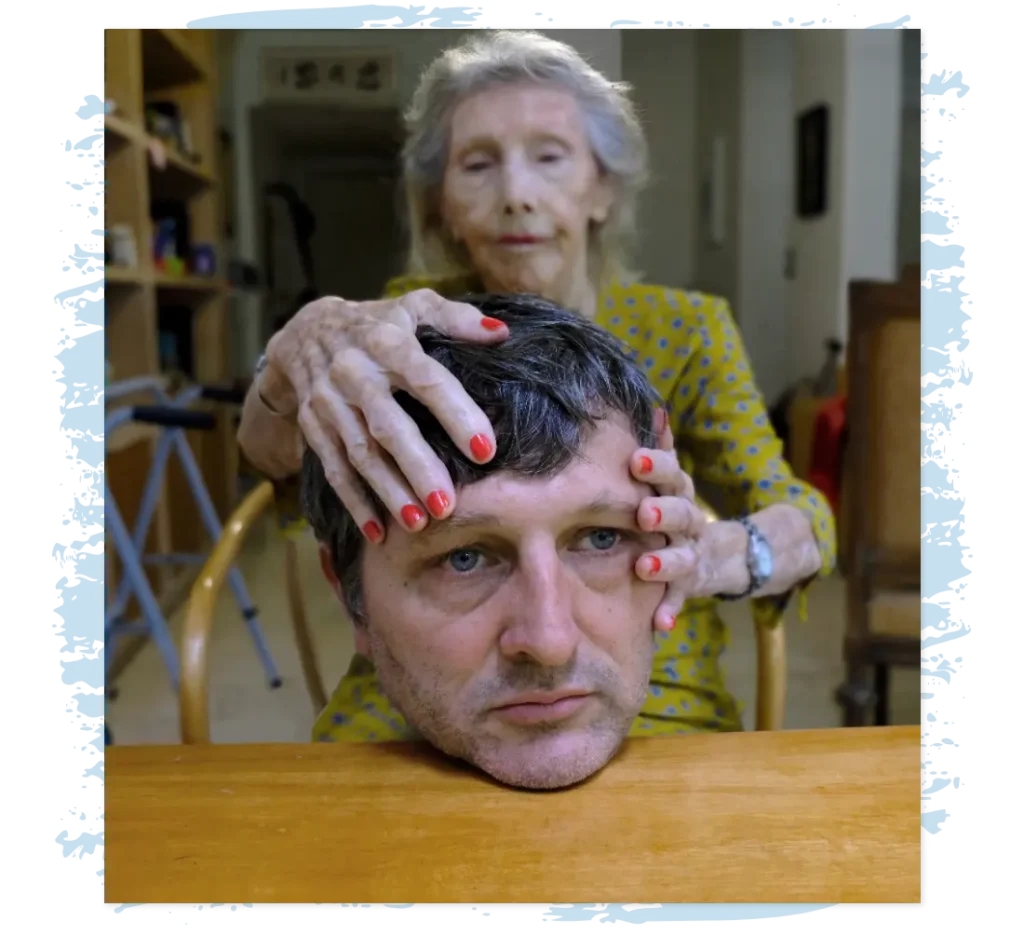When people think of dementia, they know the time between a diagnosis and someone’s death can be anywhere from 5, 10, or even 15 years. Despite this, we refer to dementia as a terminal illness. The short answer is yes, people do die of dementia, and probably more often than one might think.
Dementia is the 5th most common cause of death in America today, according to the CDC. While other leading causes of death such as cardiovascular disease, chronic lung disease, cancer, and strokes have decreasing mortality rates, the mortality rate of dementia is increasing gradually.
Compared to other terminal illnesses, dementia is a disease that impacts the body and the mind. As the disease progresses, it takes more hold on the mind and the way it communicates to the body.
Let’s look at a couple of examples of how dementia can result in death.
Someone with advanced dementia may not be able to get around. This might start with difficulty walking and then ultimately result in becoming bedbound. Immobility could result in a blood clot which could lead to death. In this case, the clot was a result only of immobility, meaning dementia was the initial cause.
Alternatively, a person with advanced dementia may have difficulty swallowing. This leads to aspirations that can ultimately result in pneumonia and later death.
In both of these scenarios, dementia was the initial factor leading to the individual’s death- making it the person’s true cause of death.
The chances of dying from dementia greatly increase as an individual age- specifically from age 65 to 85.
Why is this important?
Understanding how dementia progresses gives insight into what care and support may be needed in the future or perhaps gains a deeper understanding of past events. If your loved one is living with advanced dementia, it’s important to reach out for support for both you and your loved one.
If you have questions you would like answered by a geriatrician, drop them in the comments or send us a message.











